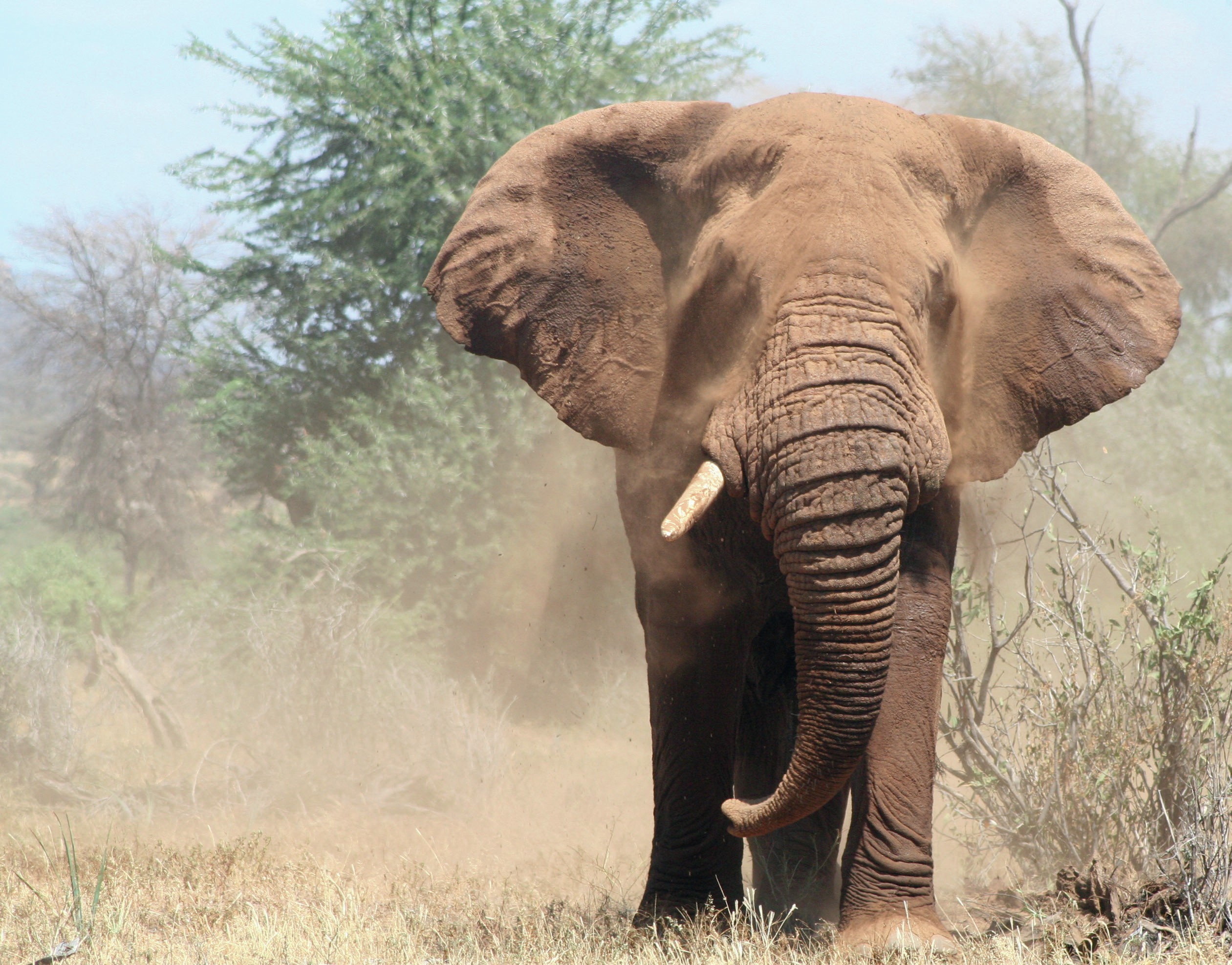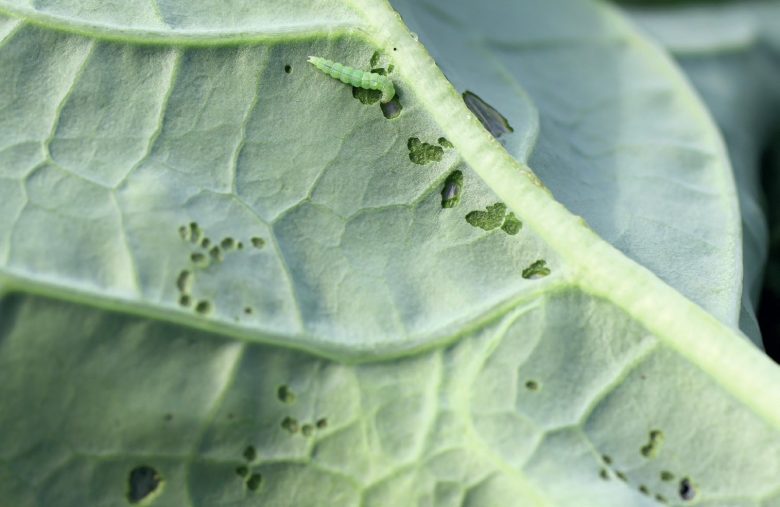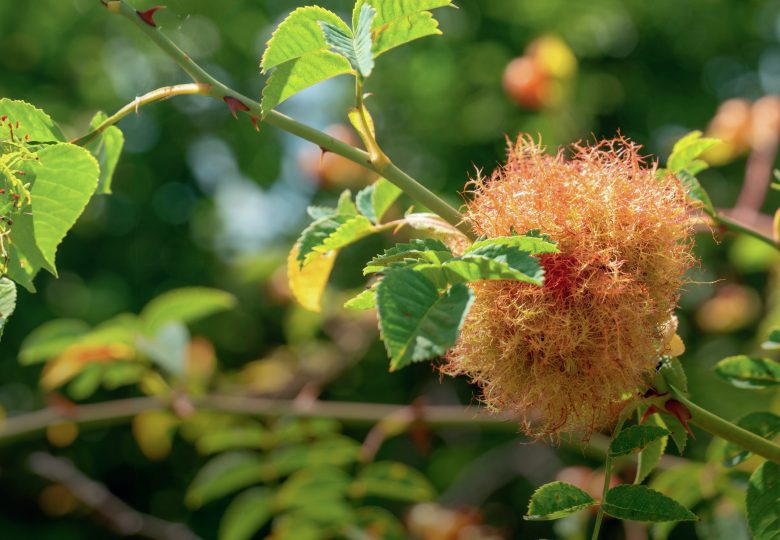
Elephants are slaughtered across the African continent in their tens of thousands to provide ivory trinkets for an insatiable market. Images of mutilated, de-tusked elephants lying next to their infants make the headlines, and global elephant populations are on the decline. Conserving this magnificent, intelligent, social species is on the top of the agenda for governments and international conservation bodies around the world (both Hillary Clinton and Prince William have started campaigns to save elephants). But there is another conflict in the elephants’ world that is largely ignored but is just as serious a threat to their survival. That is the rise of human–elephant conflict.
Conservation
Your organisation does not have access to this article.
Sign up today to give your students the edge they need to achieve their best grades with subject expertise
Subscribe




